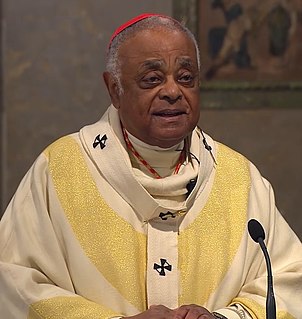A Quote by Asia Kate Dillon
I want the United States to be having a much larger and more public conversation about racist capitalism. We need a radical reimagining of the economy in this country.
Related Quotes
I think that we need to have an honest conversation in this country. This idea that somehow we're beyond sexism, beyond racism is just wrong. And this is where having an honest conversation with white men about their issues and their concerns, and having honest conversations about the experiences that African-Americans are still having, despite who's the president of the United States, in the criminal justice system that we see in sentencing, we see in policing and a lot of these issues.
What we need in the United States is not division; what we need in the United States is not hatred; what we need in the United States is not violence or lawlessness; but love and wisdom, and compassion toward one another, and a feeling of justice toward those who still suffer within our country, whether they be white or they be black.
Never mind that from the 1600s until the late twentieth century the population the United States was 85% white, 12% black, and there have been changes demographically in the United States since the days of its founding. So they're trying to tell you that the United States' greatness happened because of diversity. Well, go back and look at the days the country was founded, and they do. When they do that, they see how racist and bigoted this country was. they see the seeds for bigotry and racism and discrimination were sown at the founding, is how it's now taught.
As the United States continues its slow but steady recovery from the depths of the financial crisis, nobody actually wants a massive austerity package to shock the economy back into recession, and so the odds have always been high that the game of budgetary chicken will stop short of disaster. Looming past the cliff, however, is a deep chasm that poses a much greater challenge -- the retooling of the country's economy, society, and government necessary for the United States to perform effectively in the twenty-first century.
Americans need to educate themselves, from elementary school onward, about what their country has done abroad. And they need to play a more active role in ensuring that what the United States does abroad is not merely in keeping with a foreign policy elite's sense of realpolitik but also with the American public's own sense of American values.
We need to know who's in the United States. We need to know everyone who's in the United States that comes in here from a foreign country. And we have to separate the ones who are dangerous from the ones who aren't. To accomplish that, we need a fence. We need a technological fence. We need a border patrol.
I don't care about the internal political system of the United States. I want to be a friend of United States, of its baseball, its institutions, its rock and roll, its workers, and its technology because we need it. I want to be friends of the Arab people, of the Persian people, of the Asian people.
We should be able to have a conversation about immigration; we should be able to have a conversation about what skills we want to have in the U.K. and whether we need to go out of the U.K. in order to get them to boost our economy, and I don't think we should have a situation where we can't talk about it.




































